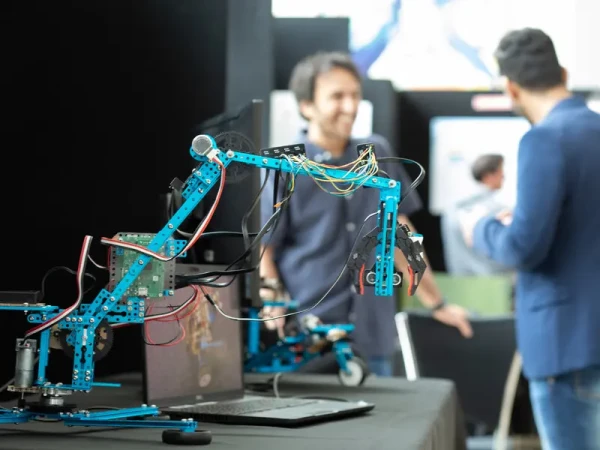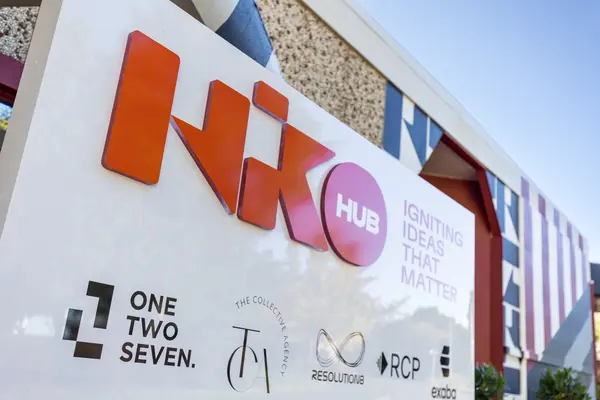Inside scoop: the 2,500-year history of ice-cream
The story behind the sweet treat many of us enjoy especially over the summer period.
Build resilient infrastructure, promote inclusive and sustainable industrialization and foster innovation


Āmiomio Aotearoa, a multi-partner research project, funded by the Ministry for Business, Innovation and Employment (MBIE) to help develop a circular economy in New Zealand.

Our robotics and machine learning experts working side-by-side with industry to find high-tech solutions to challenges facing the horticultural and agricultural sectors.

Our researchers in the School of Engineering who secured $12.5m in MBIE funding to build the Ahuora platform to help big industry transition to renewable energy for industrial process heating.

Launched in April 2021, Te Ipu o te Mahara, the University’s Artificial Intelligence Institute takes an interdisciplinary and collaborative approach to the development of cutting-edge artificial intelligence (AI) research. The team is focused on real-time analytics for big data, machine learning and deep learning, building on 25 years of internationally recognised research and the development of some of the world’s most popular open source tools. The Institute’s goal is to build awareness and expertise across disciplines to better leverage AI for the benefit of communities.
 This annual Engineering Design Show is the flagship event of the School of Engineering and allows industry to see firsthand how our students are excelling in designing, building and testing new products, structures and solutions for the real world.
This annual Engineering Design Show is the flagship event of the School of Engineering and allows industry to see firsthand how our students are excelling in designing, building and testing new products, structures and solutions for the real world.
We have a dedicated Research & Enterprise Office focused on creating value from research discoveries and innovation. The team works with both University researchers and external partners, including government, industry and community organisations, to extend research capability and broaden partnership opportunities that foster collaborative research, the implementation of research findings, and knowledge and technology transfer.

We opened the HIKO Hub in 2023 as a co-working space for local innovators and entrepreneurs.
It provides modern spaces for small businesses in a variety of configurations and connects them to the University ecosystem to foster the development and commercialisation of new ideas.
The HIKO Hub hosts many events for local entrepreneurs and facilitates introductions to funders and other groups to help them develop their business ideas.
Through the HIKO Hub, tech and innovation businesses can reach much further into the University to make connections with the people undertaking research, while connecting, strategising and problem-solving with industry peers.
You’re currently viewing the website as a domestic student, you might want to change to international.
You're a domestic student if you are:
You're an International student if you are: